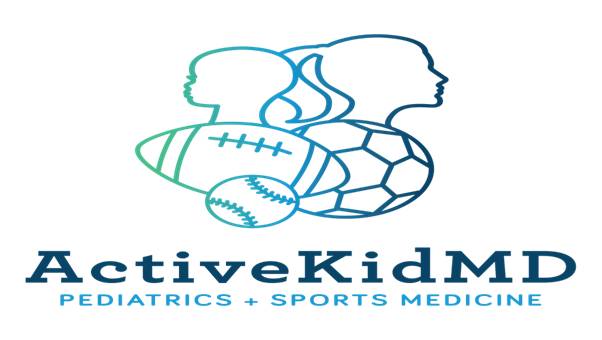Maximizing Good Memories from Summer Sports Camps and Intensives
As the old song goes, "Summertime, and the living is easy."
No school, no homework, no classroom tests or projects to worry about.
However, many young athletes and performers find ways to test themselves over the summer months by attending high level sports camps, showcases or intensives. They often take goals of getting stronger, learning new skills, getting noticed by college coaches and recruiters, and making new friends.
Unfortunately, I have seen too many unhappy campers return home with injury or illness souvenirs after trying to play or perform at the higher levels of skill and intensity required at specialty camps and intensives for several consecutive days/weeks without sufficient support
What particular tips can I share to better put yourself in the position of writing the upbeat "How I Spend my Summer" essay upon returning to school?
- Don't rush right from a spring school or club season, or from a tough summer program right into a intense specialty sport camp or dance intensive
- Specialty camps often teach higher level skills with higher number of repetitions against more talented competition. Plan schedules head of time to include taking a week for preparatory rest can increase enjoyment and the overall learning process.
- By the same token, don't leave camp and step right into full Fall sport/dance activitity
- Insufficient recovery after a high level camp increases the risk of overuse injury and doesn't often allow full ability to utilize newly acquired skills. A bit of time off before and after intensive camps is the best recipe for success.
- Don't stop rehab or prehab routines just because you are going to camp
- Many athletes and performers have individualized stretching and strengthening programs which must be continued while away from home.
- Observe those days of rest
- Camp doesn't have to be all work, in fact, recent recommendations emphasize taking a minimum of one day off per week from organized activities to reduce risk of overuse injuries.
- Don't forget medications
- Many exercise-related or chronic medical conditions, such as asthma, can worsen when exercising at higher levels in foreign environments. Visit with your regular physician or sports medicine specialist ahead of time to optimize illness control and ensure you have adequate supply of medications.
- Know what medical resources are available
- Ideally, a high level camp or intensive will have high level medical support such as athletic trainers, physical therapists, and other sports medicine specialists. In the real world, formal on-field or on-floor coverage is often sorely lacking. Highly recommend identifying local off-site resources and even making advanced maintenance and evaluation appointments especially for prolonged camp activities. Definitely recommend using quality and availability of medical support as key criteria for camp selection.
- Remember fluids are your friend
- Summer camps often take place in unfamiliar hot and humid environments that require early and often access to fluids and salt sources. Water is a sensible first choice, with fluids containing salt and sugar more recommended for exercise lasting over a hour. While sport beverages can fit this requirement, using infant electrolyte replacement fluids can actually be more effective in overly humid environments
- Food is Recovery
- If exercising for several hours a day isn't enough of a challenge, then add in dealing with being away from home for the first time, unappealing or repetitive cafeteria food, or even worse, living in an apartment without access to prepared food. This often inadequate nutrition cannot properly sustain high level performance. Planning head and focusing on the following items can help correct these deficiencies:
- Post-exercise protein intake- good sources include chocolate milk, Greek yogurt, and peanut butter
- Fruits and vegetables- especially berries and cherries which act as natural anti-inflammatory agents to reduce post-exercise muscle soreness
- Meat, poultry, fish, beans, eggs, and leafy green vegetables for additional protein along with iron source
- If exercising for several hours a day isn't enough of a challenge, then add in dealing with being away from home for the first time, unappealing or repetitive cafeteria food, or even worse, living in an apartment without access to prepared food. This often inadequate nutrition cannot properly sustain high level performance. Planning head and focusing on the following items can help correct these deficiencies:
Do you have any other recommendations or concerns about summer camps and intensives?
